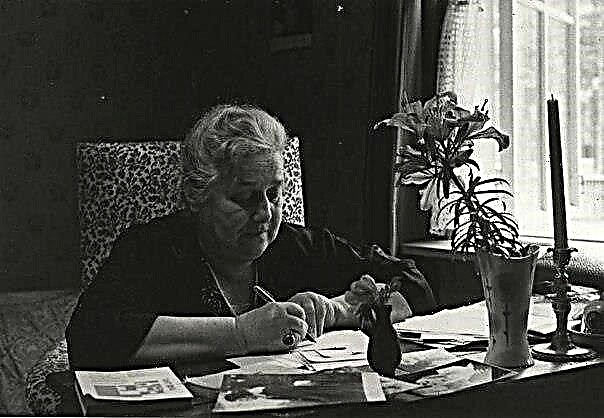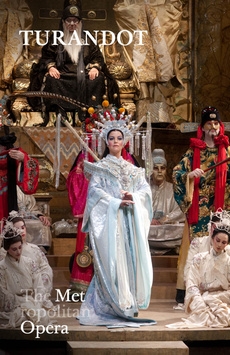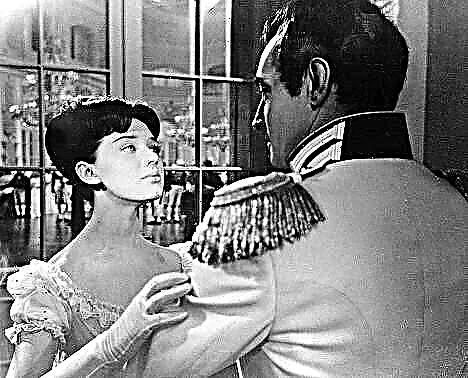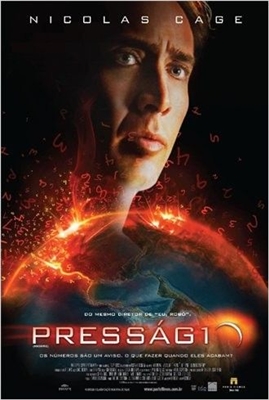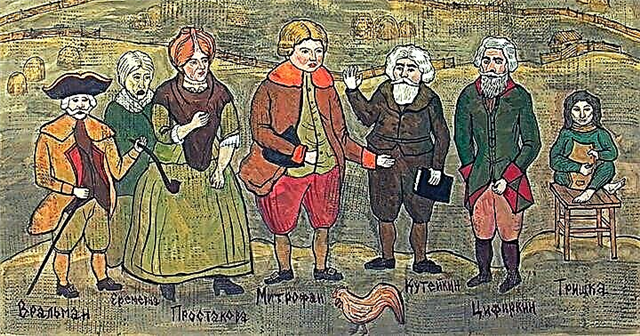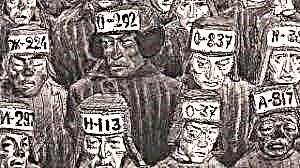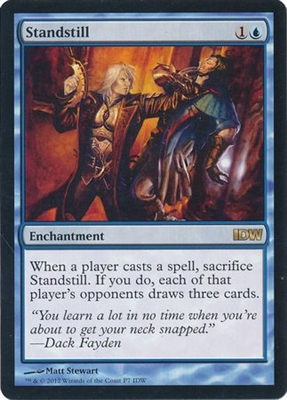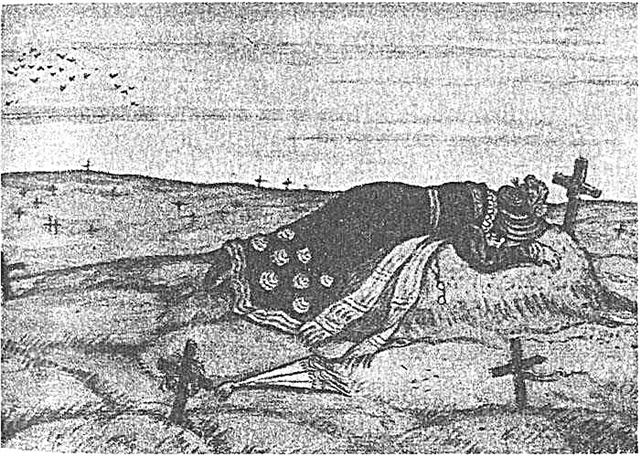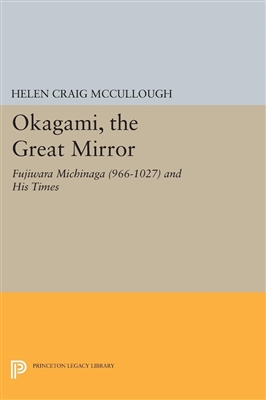(341 words) Toward the end of his own life, Nekrasov answered in his own way a question that worries many, who really lives well in Russia? Throughout the whole story, human destinies float before the reader's eye - an integral image of the finally impoverished and morally deserted Russian land looms more clearly from them. Appearing in the epilogue Grisha Dobrosklonov is a hero who contrasts with the general background. It is a young seminary student who composes good, inspiring songs - the happiest person in Russia.
Grisha’s happiness does not lie in physical things or material wealth - in his soul there is no place at all for the ambitious desire for sole peace and contentment. He is devoted to his people and lives for his well-being.
The young man grew up in the family of a clergyman, but because of the father’s inability to ensure a comfortable life for his two sons and the absence of his mother, he was among the destitute and bewildered peasants. Clerk Tryphon was not a bad person, on the contrary, poor people were compassionate for the unfortunate person who, due to weakness of spirit, became addicted to pernicious drunkenness - the ineradicable vice of the Russian people. But because of his vice, the son was forced to live on a par with representatives of the lower strata. There, Grisha learned to perfectly understand folk reality and subtly feel the gloomy moods wandering in it. He attracted peasants and openly shared with them everything that he managed to comprehend. They, in turn, always listened attentively to him, after, already in gossip among themselves, to spread the heard speeches farther and farther. His heart with undisguised pain responded to all human suffering. He did his best to make life easier for people and did not allow them to succumb to painful thoughts that could completely darken the minds that had forgotten because of the collapsed adversity about the indestructible national power that was embedded within them.
In the image of Dobrosklonov, Nekrasov glorifies folk poets who have given all their spiritual stock for the benefit of society. He also mentions that there are many difficulties for distinguished individuals who think not only about their own destiny and are ready to sacrifice everything for the sake of someone else. The future is preparing for Grisha Siberia and the link. In the meantime, three of his songs are heard in the poem, the last of which is addressed directly to the people and can be perceived as a real appeal to faith in universal forces in the name of strengthening hope in a bright and worthy future for Russia.

